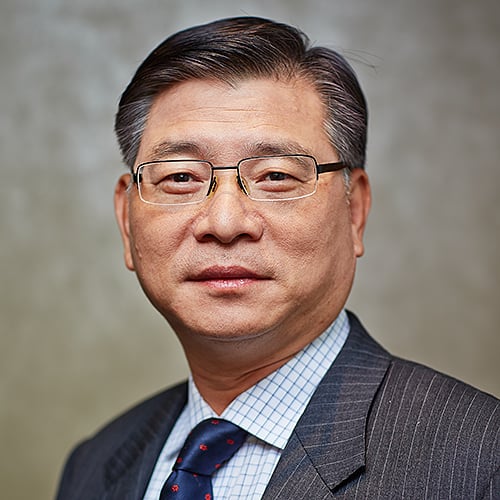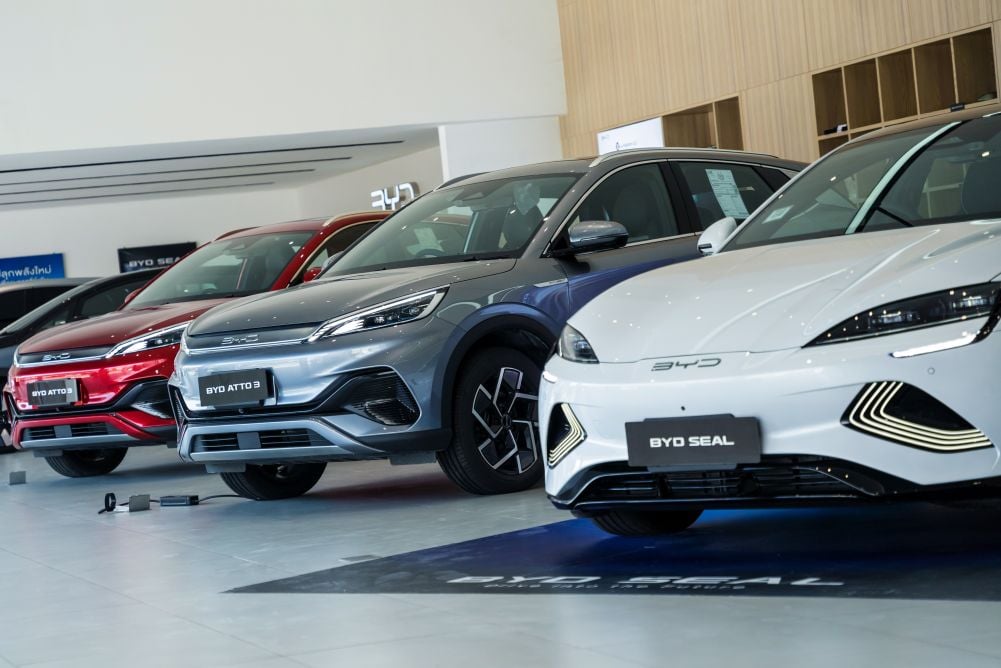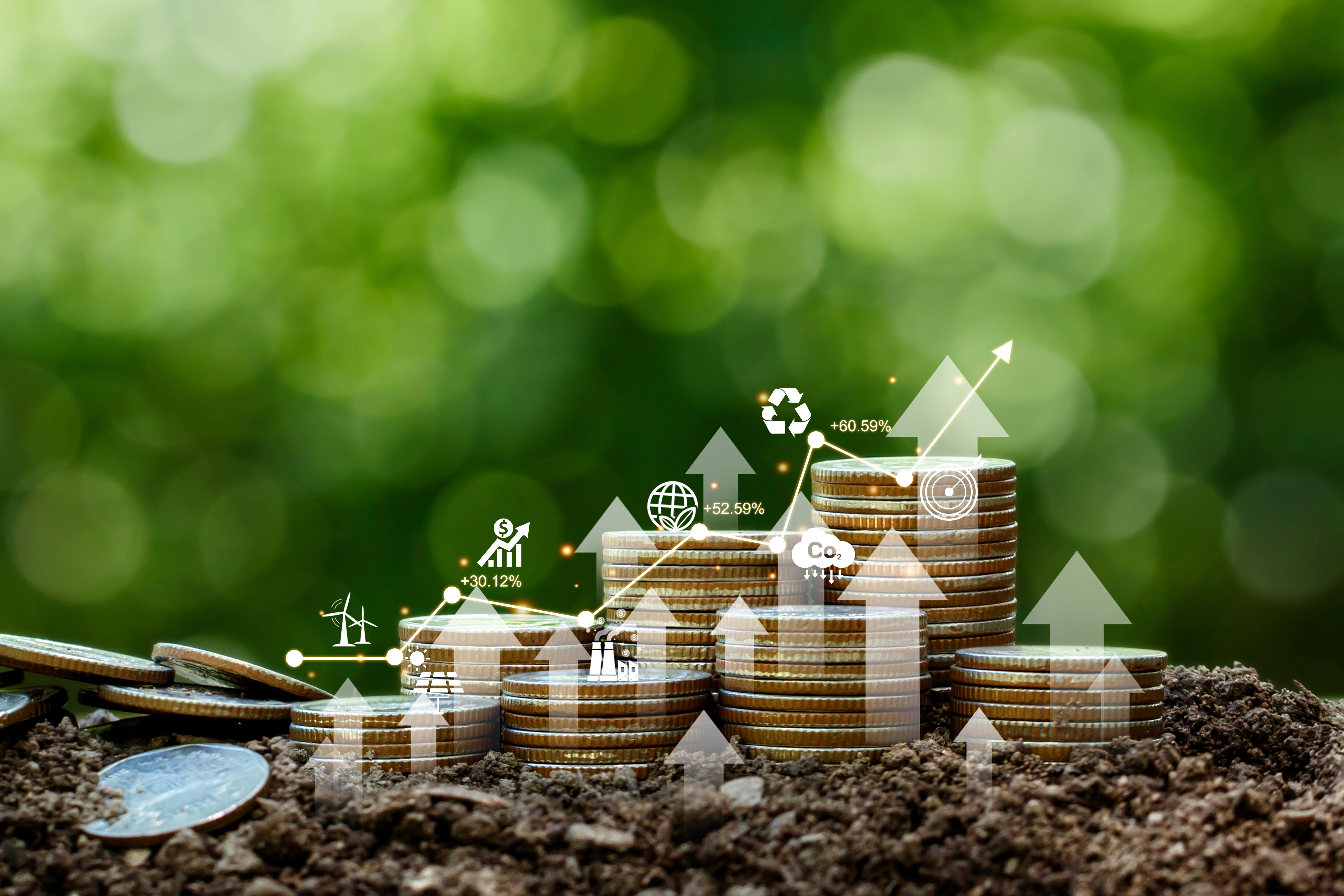ASIAN companies are increasingly seeking strategies to chip away at their carbon footprints. While this includes measures such as the installation of solar panels or adhering to green building certifications, it also ranges to more creative ways to make their businesses more energy efficient.
This push towards carbon-friendly business strategies is a growing trend. While around two in three (68%) Asian-listed companies pursued business strategies to reduce greenhouse gas (GHG) emissions in 2012, this increased to 84% in 2017, according to recent data from Asset Benchmark Research.
Aside from getting LEED certifications for their office buildings or using LED lighting, corporates are also adopting greenhouse gas accounting by following ISO 14064 standards, investing in research and development on carbon capture, and pursuing renewable energy alternatives.
In the financial services sector, Fubon Financial Holding Company has been supporting green energy by installing solar panels in its buildings. Last year Fubon installed 120 solar panels at the Zhongshan Branch building providing a capacity of 35.4 kWp and generating roughly 30,474 kWh of solar electricity per year. The company has also been participating in the "Ministry of Economic Affairs Voluntary Green Electricity Trial Program" and has been purchasing green electricity since 2014. In 2017, they purchased 196 kWh in green energy, more than any other company in the financial industry in Taiwan.
PTT Public Company, a state-owned oil and gas company in Thailand, has succeeded in reducing GHG emissions by seeking eco-friendly energy platforms such as initiatives involving hybrid engine vehicles and electric vehicles. They also promote environmentally friendly products by focusing on low carbon sourcing and production, as well as low carbon product sales, such as gasohol, biodiesel and PTT Composite Plus LPG cylinder as well as bioplastic coffee cups for their Café Amazon. CNOOC, the third largest national oil company in China, has also focused on the development of a carbon capture, utilization and storage (CCUS) technology.
The onshore state-owned telecommunications company, China Mobile, has reduced the single carrier frequency power consumption of wireless equipment by 50% on average and saved electricity of 660 million kwh annually by making use of a 4G energy conservation classification standard. Another telecom firm, Philippine-based Globe Telecom has adopted a power-usage effectiveness (PUE) calculator, to determine how energy efficient their infrastructures and facilities are, and to monitor the impact of their efficiency efforts. In 2016, 750 out of their targeted 797 sites successfully adopted “green” solutions such as installing new free cooling systems and replacing automatic transmission systems causing average PUE readings to drop from 2.23 to 1.56.
Hong Kong-headquartered Pacific Basin Shipping has implemented operating fuel combustion catalysts to facilitate more complete and cleaner combustion which has led to fuel saving on their fleet of ships. They also have engaged in computer-aided optimisation of cylinder lubrication and machinery overhaul intervals leading to reduced fuel and lubricating oil consumption. Additionally, they have renewed their fleet with next generation, modern ships designed and equipped to enhance energy efficiency. Their Energy Efficiency Operational Indicator (EEOI), a monitoring tool for managing ship and fleet efficiency performance over time, remains the lowest in their segment.
Infosys, the Indian IT company has made efforts to secure community-based carbon offset projects rather than procuring inexpensive carbon offsets from the market in order to achieve a high social impact and reduce their carbon footprint. In 2016 they started three carbon offset projects, a rural electrification project and two others involved in the distribution of high-efficiency biomass cook stoves for households in rural areas. Together they expect to generate roughly 50% of their carbon offset requirement on an annual basis through these initiatives.

To learn more about The Asset Corporate Awards, please click here.
To learn more about Asset Benchmark Research, please click here.
About the research
The research was conducted as part of The Asset Corporate Awards 2017, the longest-running ESG awards in Asia, bestowed annually by leading research house, Asset Benchmark Research (ABR). The Platinum, Gold and Titanium awards offer a rigorous benchmarking service for the region's listed firms and enables them to join an exclusive circle of top corporates. Since 2001, our winners have found this opportunity to be valuable in bolstering their credentials in the ESG space.
The assessment is based on the online questionnaire submission made by the company and the supplementary information they provide. Factors that are taken into consideration range from an evaluation of financial performance, management, corporate governance, social and environmental responsibility and investor relations.









